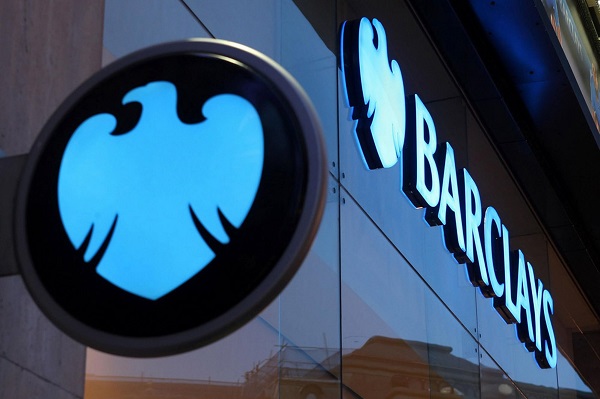Barclays Bank has today listed the Gold Exchange Traded Fund (ETF). For those not in the know an ETF is a marketable security that tracks a commodity, bonds or a basket of assets. Basically, it operates more or less like a unit trust but trades on the stock exchange like a common stock. In this case the Gold ETF tracks a commodity which as the name suggests is Gold. The bank has today listed 400,000 shares which are worth Ksh. 0.5 Billion. At the moment 1 share is equal to 100 ounces of gold.
How the Gold ETF came to be was that in the past individuals who wanted to invest in gold had to buy the actual gold. However, in instances where laws did not allow as in the case of South Africa investors opted to buy shares in the gold mining companies. The downside of investing in these companies was that happenings such as a labour strike would mean no production of gold hence a tumbling in the shares of such a company. This inevitably led to loss of investment by the shareholders. It was due to this that savvy investors in South Africa saw an opportunity and launched the Gold ETF in 2004. This was the third gold ETF to be launched in the world and has since grown to become the 7th largest. Other than the listing in the Johannesburg Stock Exchange, there have been secondary listings in Botswana (BSE), Nigeria (NSE), Mauritius (SEM), Namibia(NSX) and Ghana (GSE) with the NSE being the new kid on the block.
How this works is that when New Gold Ltd the company which came up with the ETF, they bought actual gold and divided ownership of the gold into shares. These shares were then traded on the stock exchange where investors could buy and sell them. The prices of the shares were and are still determined by the global price of gold. Profits are made from the difference between the buying price and selling price of the ETF. The shares are backed by actual gold, as such every time an investor buys shares of the Gold ETF, gold is bought from a mine in South Africa and transported to a vault in London. The gold is also insured which means that a shareholder is not under any risk of loss. For the chance to own a share of Gold, the New Gold Ltd only charges a minimal annual fee of 0.4%.
One might ask what is Barclays Bank’s role in the ETF? Barclays is the market maker for the ETF, that means that they are the ones who will be the brokers for the ETF in the Nairobi Securities Exchange. They are also the buyers and sellers of the last resort, this means that should the entire market decide to sell their shares Barclays as the market maker would be bound to buy them all and in so doing provide liquidity. The price of the ETF will be based on the actual price of gold in U.S dollars.
Why should one invest in an ETF?
- Diversification of risk, an ETF gives an investor the ability to diversify their risk from the usual stocks.
- Hedge against inflation; gold unlike currency always retains value and is able to deliver inflation beating returns on the long run.
- Hedge against local currency depreciation; being that that the price of the share is marked on the US dollar. The share can still give a good return even if the local currency depreciates
- Store of value


